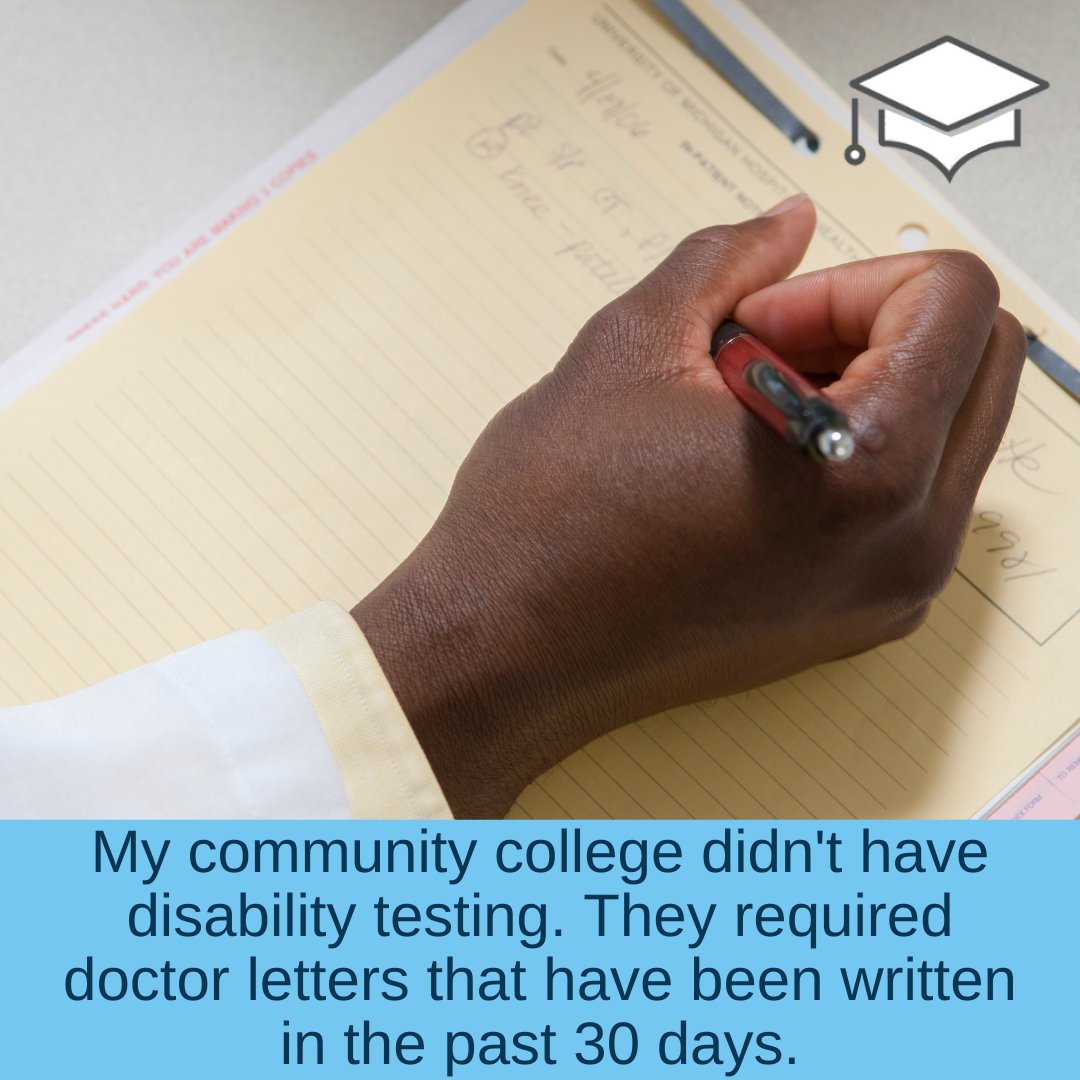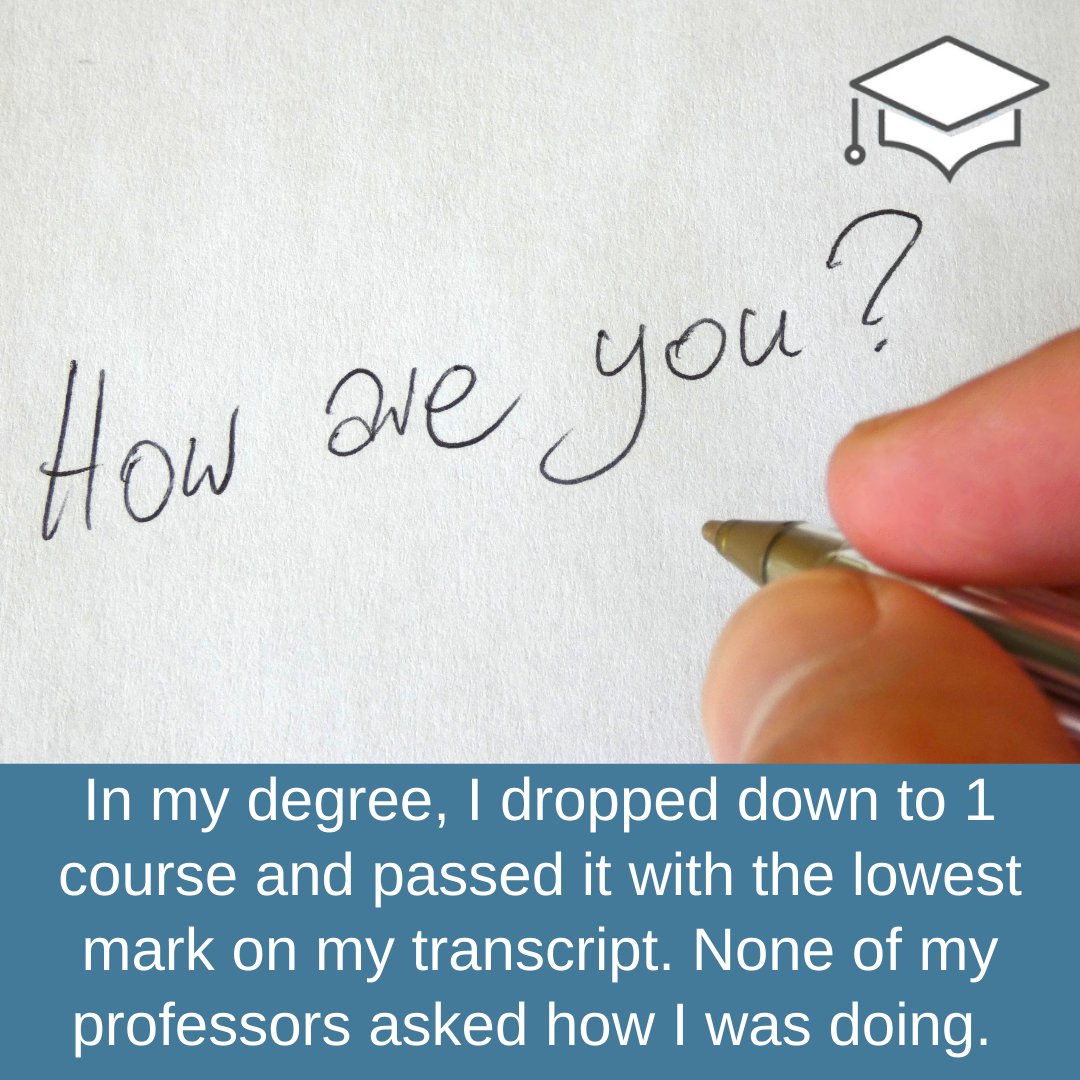
Anonymous Story #9 - Am I the only one?
We will be posting this story as a thread below but if you'd prefer to read it as a blog you can do that [blog post] disabledinhighered.weebly.com/blog/october-2… (1/X)
#DisabledInHigherEd #DEHEM21 #DisInHigherEd
We will be posting this story as a thread below but if you'd prefer to read it as a blog you can do that [blog post] disabledinhighered.weebly.com/blog/october-2… (1/X)
#DisabledInHigherEd #DEHEM21 #DisInHigherEd

I was really excited when I heard about DEHEM. I’ve been in grad school for 10 years, and I’ve met very few other disabled people. Still, even after reading through all of the roll calls, I feel like I’m the only 1 like me in academia. I’m a schizophrenic with borderline (BPD) 2/
In all the conversations I’ve seen about mental health visibility in academia, I’ve NEVER seen anything about academics who experience psychosis. Anxiety and depression are becoming more normalized, but psychosis is being left out of the conversation.
When I first started graduate school, I joined a group for mentally ill academics. Everyone inspired me with how open they were about their diagnoses. When I announced that I wanted to be open, too, the reaction was “Woah! No! No one will hire a schizophrenic.” 3/
Maybe there are other academics like me out there, but we’re being silenced and kept in hiding. I wish I could post this story with my name; but, since I want to become a professor, I just can’t risk it. 4/
My plea to those who are working on mental health issues in academia is to remember that I’m not the only one like me out there.
We thank our anonymous author for their story. Fin/
We thank our anonymous author for their story. Fin/
• • •
Missing some Tweet in this thread? You can try to
force a refresh







